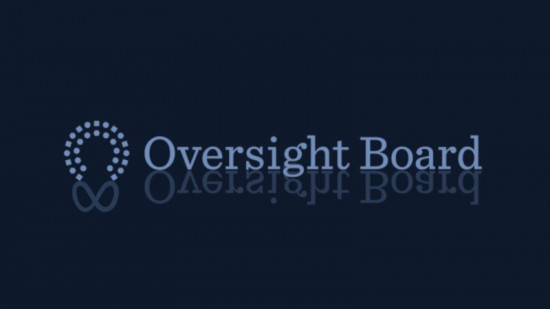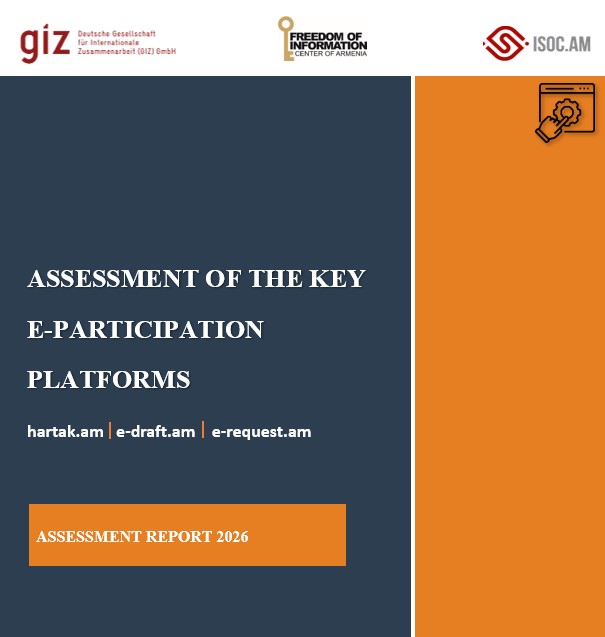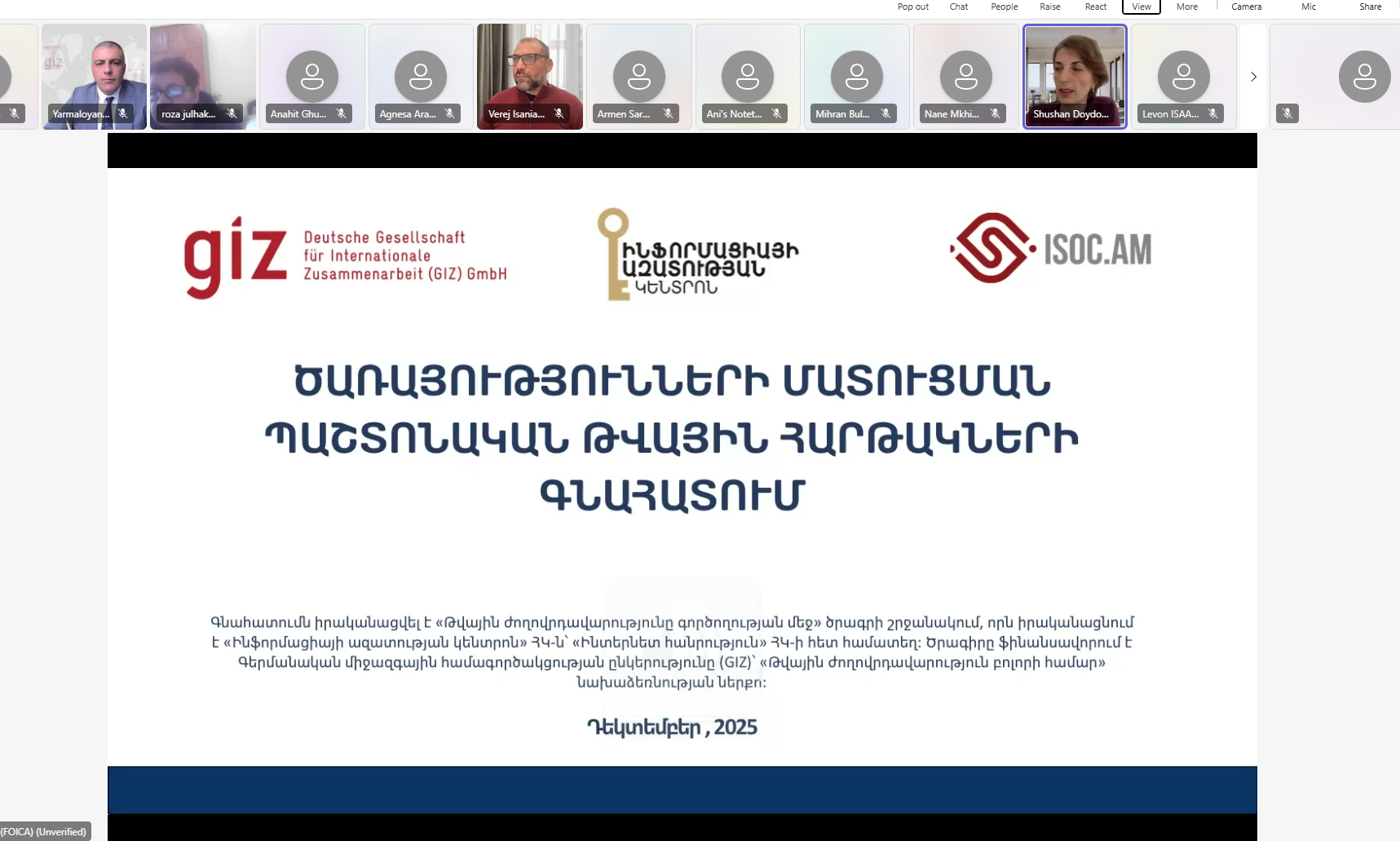Executive Summary
Publication of videos of prisoners of war on social media must be prohibited if it is done with a view to glorifying war and, violence, or for government propaganda. At the same time, publication of such videos should be considered as lawful if they are published with a view to protecting the rights of prisoners of war, for criminal prosecution of such international crimes, including with minimum disclosure of personal data of POWs.
During the 44-day war in Artsakh in 2020, the representatives of the Azerbaijani armed forces committed innumerable crimes, including executions and torture of the Armenian POWs. The Armenian Government has initiated judicial proceedings in international courts in connection with these war crimes, including torture and murder of POWs. Upon initiating of such proceedings, very serious attention was paid to the videomaterials published in social networks, which have been enclosed with these cases. There are cases for which the videoes published on social networks played a decisive role. Having regard the importance of such videos for human rights protection, the social networks must take measures to preserve them, as well as to develop procedures for responding to inquiries on getting such materials and providing them to relevant applicants.
The Facts
In October 2020, the company ‘Meta’ initiated the establishment of an Oversight Board, which is a semi-judicial body entrusted with a mandate to examine complaints from the public against Facebook and Instagram on the lawfulness of content on these social media. The Oversight Board is an independent body, composed of professionals selected from all over the world, and is operationally and financially independent from Facebook. The Oversight Board is empowered to quash the decisions made by Facebook or Instagram. The decisions of the Board are binding on Facebook and Instagram.
In March 2023, the Oversight Board disseminated a public statement, inviting physical and legal persons to submit opinions on a newly admitted complaint. This expert opinion has been drafted in response to this statement.
The complaint was filed in connection with a video published on the Facebook by an Armenian user in October 2020. It depicts a war crime. The video has subtitles in English and Turkish, which make it clear that the video features Azerbaijani soldiers torturing Armenian POWs. The video includes an initial warning that it is for people above the age of 18. The warning was made by the person recording the video. The English text stated: ‘Stop the Azerbaijani terror. The world must stop the aggressors.’ The video features Azerbaijani soldiers who drag a soldier crying from pain out of the debris. His face is visible, and it could be seen that he is wounded. Another person whose face is not seen and who is presumably the person filming the vidoe, shouts in Russian at a wounded soldier ordering him to stand. The soldier makes an effort to stand. The video had no more than 100 views and no more than 10 reactions. Nobody has shared or reported it.
Meta’s rules prohibit publication and dissemination of materials disclosing the identity and location of a POW. Meta indicated that under its rules, the videomaterial must be deleted in view of the fact that the soldiers’ faces are visible. However, Meta decided not to delete the video justifying it as having a news value. According to Meta, ‘the public interest of viewing such content prevails over the threat to the security and dignity of POWs.’ At the same time, a note ‘disturbing’ was added under the video in conformity with the rules of the company.
In what followed, Meta sent the video to the Oversight Board, noting that the issue is complex since it involves on the one hand a necessity of awareness of violence against POWs, while on the other hand, there is a risk that disclosure of their identity may harm them. In this light, the company requested the Oversight Board to determine whether Meta’s decision to allow publication of the video in question generates a necessity to balance such values, as ‘security,’ ‘dignity, and ‘awareness’, and whether this is in line with international human rights principles.
Having regard to the aforesaid, the Oversight Board requested physical and legal persons to submit observations on the questions below:
- How should social media moderate content depicting prisoners of war, including such that have possibly been created for propaganda but which eventually have been disseminated for awareness raising purposes?
- The potential value and damage of the public interest related to allowing publication of content involving prisoners of war on social media;
- How does international humanitarian law (which is also known as the law of armed conflicts) inform Meta’s obligations in relation to human rights when a necessity arises to regulate content depicting prisoners of war?
- How can Meta minimise the damage that can be caused by allowing or deleting the content depicting prisoners of war?
- What should be Meta’s approach in preserving the content related to prisoners of war?
- Observations on the sociopolitical context of the conflict of Nagorno Karabagh between Armenia and Azerbaijan, especially in relation to the treatment of POWs.
Conclusion
This issue is regulated by the Article 19 of the International Covenant on Civil and Political Rights (hereinafter: the Covenant) and the Article 10 of the European Convention on Human Rights (hereinafter: the Convention). Insofar as the content does not contain hate speech and the publication thereof is not done with a view to incitement to and dissemination of hatred, hostility, intolerance and discrimination, publicising such content via social media must be protected as a freedom of imparting of information.
On the other hand, if a video depicting a war crime has initially been publicised for propaganda, it should be assessed as a hate speech and its publication must be prohibited under Article 20 of the Covenant or the Article 17 of the Convention. Thus, if the video is published with a view to public awareness, it must be protected under free speech guarantees, and the competing legitimate rights and interests (namely, the right of users to disseminate informaion and ideas, the right to respect for the privacy of the POWs and the public interest of receiving information and ideas) must be balanced in line with Article 19 of the Covenant or Article 10 of the Convention.
In the case of Meta, the video features POWs that have not been repatriated after the completion of the 44-day military conflict in 2020, war crimes were committed in their respect, their fundamental rights were violated, they were deprived of their liberty and the fate of many of them remains unknown.
Under such circumstances, the publication of videos on POWs turns into a legal measure for protection of the POWs’ rights and for identification of international crimes. It is in this light that Meta’s question on the potential value and damage of the public interest related to allowing publication of content involving prisoners of war on social media, should be assessed.
The Council finds that in cases when the POW has not been repatriated (within a reasonable time after the completion of active military operations, as required under international humanitarian law), when s/he continues to be unlawfully detained in the territory of a state-party to the armed coflict, deprived of basic fundamental rights guarantees, when there are grounds to believe that s/he has been subjected to torture or other inhuman treatment, that his/her life is threatened, and finally, when his/her location is unknown and s/he is considered as a disappeared person, the public interest of publishing such videos prevails over the right to respect for the privacy of the said POW, since this stems from the public interest of detecting and punishing international crimes, as well as the interest of legal protection of this POW and his/her relatives. In such circumstances, the right to freedom of expression serves not only the right to receive information but becomes as an effective remedy. In this light, it would make no sense for POWs or his/her relatives to seek for restrictions of publication of such videos if the POW’s life is in danger, if s/he is subjected to torture or other inhuman treatment or if, most of all, s/he is believed to be missing.
As regards the evidential value of such videoes , the Council notes that the Republic of Armenia has taken a number of cases to the European Court of Human Rights and the International Court of Justice in connection with a number of episodes of war crimes committed by Azerbaijan in 2020-2021, part of which relate to summary executions, tortures and dissapearances of POWs. Azerbaijan has been consistently denying these crimes, which makes it even more complicated to find the remains of the POWs who are likely to be dead.
It is a generally acknowledged fact that such evidence is decisive in these cases. The international courts have set very high thresholds of admissibility of such applications and consistently refuse to admit complaints in which the applicants have failed to submit prima facie evidence. The videos downloaded from social networks and enclosed with the complaints submitted by the Government of the Republic of Armenia have been essential for the admissibility of dozens of applications. And only the applications that contain sufficient data, predominantly videos, for the identification of the prisoners have been admitted. Had it not been for such videos published on social networks, many applications submitted on behalf of a number of POWs would have been declared inadmissible by the European Court of Human Rights or the International Court of Justice for failure to meet the formal requirements of the admissibility of evidence.
Therefore, it is undeniable that the videos of torture of the POWs obtained from social media have served the goal of the protection of their interests in circumstances where any other legal, quasi-legal or extra-legal remedies for the protection of their rights were exhausted. Therefore, without any doubt, the necessity for the dissemination of these videos stemmed from the interests of both the POWs and their relatives, as well as the interest of punishing such international crimes.
It is in this light that the question as to whether Meta should preserve these videos, must be addressed. In the light of their evidential value in the above legal proceedings, as well as the fact that they were published in a neutral domain, namely social networks, which are independent of any party to those judicial proceedings raise the evidential significance of such videos, as well as trust in their objectiveness, credibility and impartiality.
As to the Meta’s question as to how should social networks moderate the content pertaining to POWs, the Council, having regard to the aforesaid, believes that, first, such content must be moderated in such a way that it does not contain elements of hate speech. For example, if any content is accompanied by comments inciting hatred, hostility, intolerance and discrimination, they must be deleted or otherwise made invisible. However, the video must be preserved[1]. Also, publishing any data related to the identity of the POW must be minimised.
The international humanitarian law stipulates that prisoners of war must not be rendered as an object of public curiosity.[2] This norm requires measures to prevent the disclosure of a POW’s identity. Earlier, it has been mentioned that this requirement may be overriden by the existence of public interest, as well as if this serves the protection of a POW’s interests. In compliance with this principle, as well as having regard the international humanitarian law, which makes it binding on the states parties to an armed conflict to disseminate and exchange information on prisoners of war, the social media, by exercising their right to moderation of the content, may independently determine the scope of restriction of personal data, if this is being done for the legitimate aim of the protection of the POW’s rights. Disclosure of the identity of a POW for any other purpose may result in a disproportionate interference with his/her rights in violation of the international human rights and humanitarian law.
The Council believes that Meta’s obligations in the area of human rights and international humanitarian law should be formed within the scope of the above goal, i.e. ensure communication of objective information on a POW by a state party to a conflict, as required by the Geneva Convention on the Treatment of the Prisoners of War. In this regard, the social networks may develop procedures for the preservation and ‘storage’ of full video content, as well as for providing them to certain applicants. Such applicants may be, for example, the relatives of prisoners of war, human rights defenders or state authorities competent to carry out investigations.
In summary, the Information Disputes Council believes that the publication of videomaterials about POWs, including disclosure of their identities is necessary where it pursues the legitimate aim of protection of the rights of those persons, including for criminal prosecution of those crimes. A possible alternative is to publish the video with minimum disclosure of the identity of POWs, at the same time preserving the full version with a view to handing it over to persons, organisations and bodies engaged in the protection of the victims’ rights, as well as bodies entitled with authority of criminal prosecution of war crimes.
Information Disputes Council
Shoushan Doydoyan (Secretary of the Council) – President of the Freedom of Information Center
Ara Ghazaryan – Director of the Legal Office ‘Ara Ghazaryan’
Boris Navasardyan – President of Yerevan Press Club
Aram Abrahamyan – Chief Editor of ‘Aravot’ Daily
Ashot Melikyan – President of the Committee to Protect Freedom of Speech
Olga Safaryan – Advocate
David Sandukhchyan – Advocate
1] Incidentally, such an approach is in line with instructions issued by Facebook to its moderators in regard to the publication of the photos of torturing POWs in Guantanamo. See Facebook’s exercise for its moderators of which the instructions under image 9 note that the moderators are instructed to remove the image if it is accompanied by sadistic comments.
[2] The 12 August 1949 Geneva Convention on the Treatment of the Prisoners of War, Article 13.








